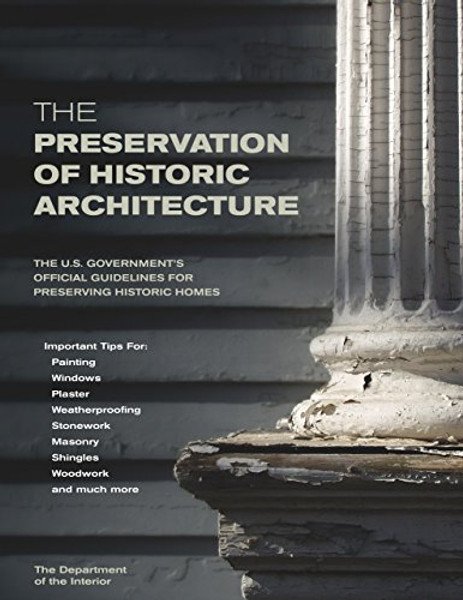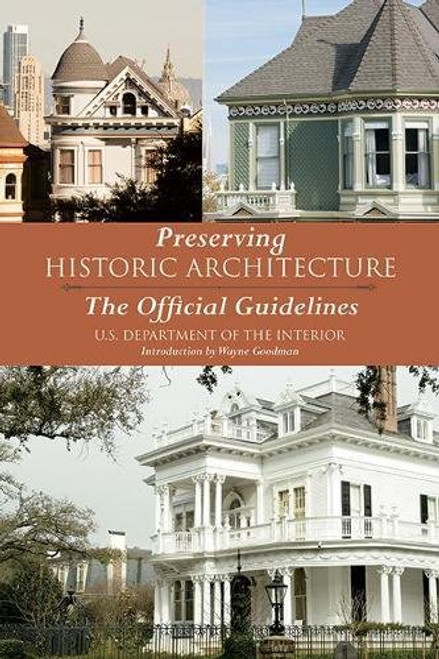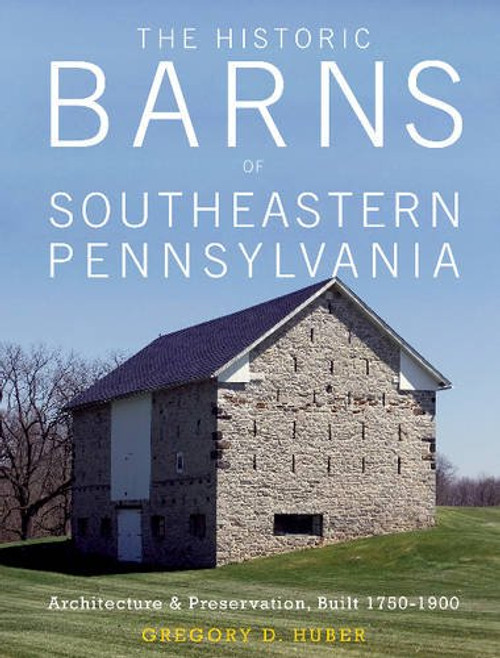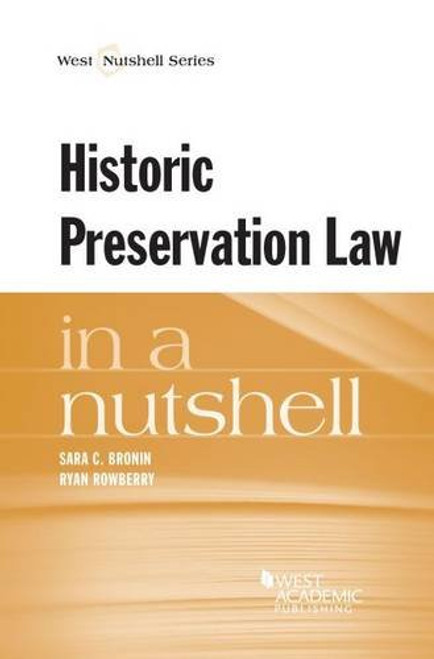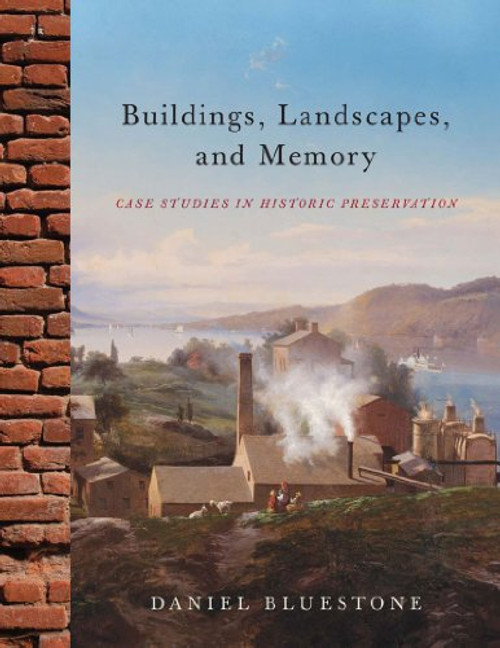Product Overview
From removing graffiti in Manhattan to rebuilding a hops barn in Oregon, the National Park Service-a part of the Department of the Interior-has faced just about every problem an old structure can encounter. Here for the first time is a collection of their hardwon know-how and official guidelines, written by the top experts in their respective fields of preservation.
Forty-two fully illustrated chapters include:
-- cleaning and waterproof coating for historic masonry
-- repointing mortar joints
-- maintaining historic adobe buildings
-- the dangers of abrasive cleaning
-- repairing historic wooden windows
-- rehabilitating historic storefronts
-- repairing wooden shingles
-- preserving barns
-- repairing stucco
-- using substitute materials on historic building exteriors
-- mothballing historic buildings
-- understanding architectural cast iron
There's even a chapter on repairing vintage signs. Each subject is treated with the utmost care and discusses the safest and most historically accurate repairs. Perhaps just as important as the valuable advice on how to undertake various projects, the guides also give invaluable advice on what not to do-based on years of preservation experience-that can save a homeowner thousands of dollars, hours, and perhaps a priceless piece of architecture. For the student or the professional restorer, THE PRESERVATION OF HISTORIC ARCHITECTURE is the official government text on saving old buildings.
Forty-two fully illustrated chapters include:
-- cleaning and waterproof coating for historic masonry
-- repointing mortar joints
-- maintaining historic adobe buildings
-- the dangers of abrasive cleaning
-- repairing historic wooden windows
-- rehabilitating historic storefronts
-- repairing wooden shingles
-- preserving barns
-- repairing stucco
-- using substitute materials on historic building exteriors
-- mothballing historic buildings
-- understanding architectural cast iron
There's even a chapter on repairing vintage signs. Each subject is treated with the utmost care and discusses the safest and most historically accurate repairs. Perhaps just as important as the valuable advice on how to undertake various projects, the guides also give invaluable advice on what not to do-based on years of preservation experience-that can save a homeowner thousands of dollars, hours, and perhaps a priceless piece of architecture. For the student or the professional restorer, THE PRESERVATION OF HISTORIC ARCHITECTURE is the official government text on saving old buildings.
